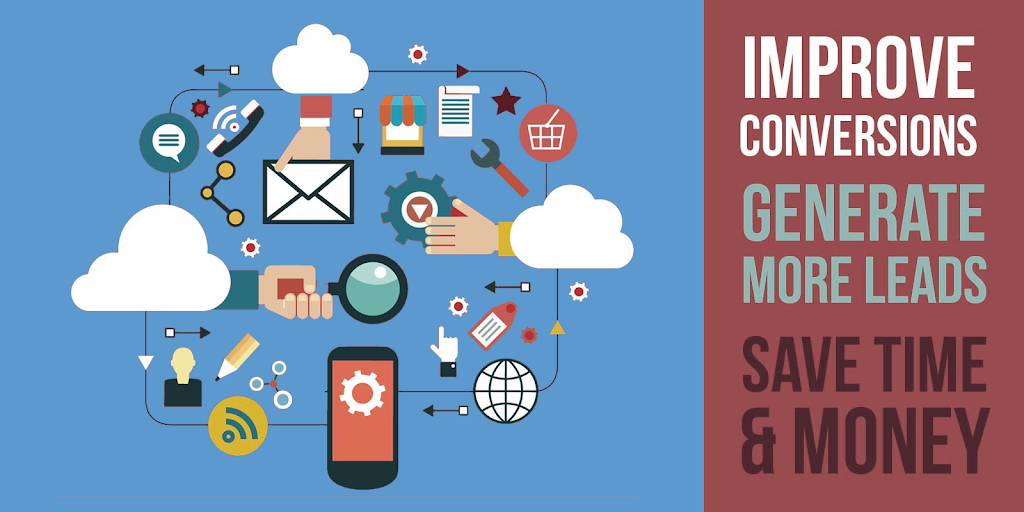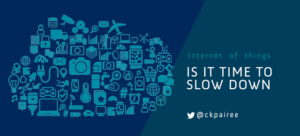As the power of digital platforms grows, CEOs are anxious to harness its influence in driving growth for their companies. That has prompted leading marketers to embrace a data-driven approach for their digital initiatives, helping to raise awareness about the brand and underscoring the importance of marketing automation in the process. About 91% of the most successful users agree that marketing automation is “very important” to the overall success of their marketing across multiple channels, according to the 2015 report of Marketo & Ascend2 on Marketing Automation Strategies for Sustaining Success.
Marketing automation is growing at an astonishing rate and has scope for a massive growth. Research by SiriusDecisions shows that there are nearly 11 times more B2B organizations using marketing automation now than in 2011. Currently, on an average, 49% of companies are using marketing automation, while more than half of B2B companies (55%) are adopting the technology (Emailmonday “The Ultimate Marketing Automation stats 2016). About 63% of companies who had success are planning to increase their allotted budget for marketing automation, according to the Marketo & Ascend2 report. Having said that, it is yet to find favor as a top digital priority for many companies. According to TFM&A The 2015 Marketing Technology Report, 61% of respondents are not using marketing automation at all.
The State of Marketing Automation
The 2016 State of Marketing Automation Outlook Guide by DemandGen showcases some of the major trends that will shape marketing automation in the coming years. Firstly, content is proving to be the king. Marketers are realizing the importance of orchestrating a seamless integrated content experience across various multimedia channels. While audio and video have become more widely adopted, marketers are leaning towards the need for rich and visual interactive content. That also meant that they started paying more attention to direct mail campaigns in order to ensure that it stands out among the clutter. The second major trend is the creation of a personalized approach akin to B2C buying experience. Seamless integration, understanding buyer behavior across multiple channels, and the need for applications that will help marketers centralize and track data will become essential for marketing automation strategy to become a success. Lastly, in this age of data revolution, marketers are increasingly exploring the use of predictive analytics in more specific areas such as improving lead nurturing campaigns. Companies who have been able to leverage data from a variety of sources for more precise targeting are showing measurably higher conversion rates.
How it helps you get better consumer insights
Marketers have great success when they are able to execute unified campaigns across multiple channels. When they are able to target their customers appropriately, the engagement success clearly reflects in the conversion rate. It also helps when they connect with their buyers. According to an IDC research study, a whopping 65% of respondents said that they engage a vendor sales professional only when they have made a purchase decision. That complicates things. How do marketers influence buyers then? Marketing automation helps you to skip the fluff and enables precision targeting. Facebook Insights is a good example. Facebook Audience Insight is committed towards providing better insights, which will enable marketers to deliver relevant contextual messages to the consumers and understanding various attributes about their target audiences.
Make your deals better…
At a fundamental level, marketing automation is about optimization—optimizing your staff costs and time, refocusing your sales team’s efforts and also increasing revenue and deal sizes. When you automate your cross-sells, up-sells and customer follow-ups, you will notice that there is an increase in your Customer Life Cycle. This will lead to better lead management and help you prioritize the big-ticket deals. According to a study by the Harvard Business Review, you are 60 times more likely to qualify a lead if you follow-up within an hour rather than waiting 24 hours. Marketing automation tools will help you to automatically follow-up with your leads and generate interest before it quickly dissipates.
…And keep your customers happy
The amount of data that marketers have access to is staggering and is growing at a breathtaking rate. That has now led B2B marketers to adopt a B2C perspective: Understand what a client wants and deliver precisely through automation. Mapping the evolving needs of customers, understanding Customer Life Cycle and calculating Customer Lifetime Value are also essential elements of a successful marketing automation strategy. The tools will help to showcase where your bottlenecks are and also provide a bird’s eye view of your pipeline. It will help you visualize your customer’s journey and create the entire marketing strategy around it. You can even repurpose existing content to help you generate new leads. However, marketing automation tools are still a long way away from generating behavioral insights from Big Data generated by customers. Analytics is definitely what will differentiate solutions in the future.



